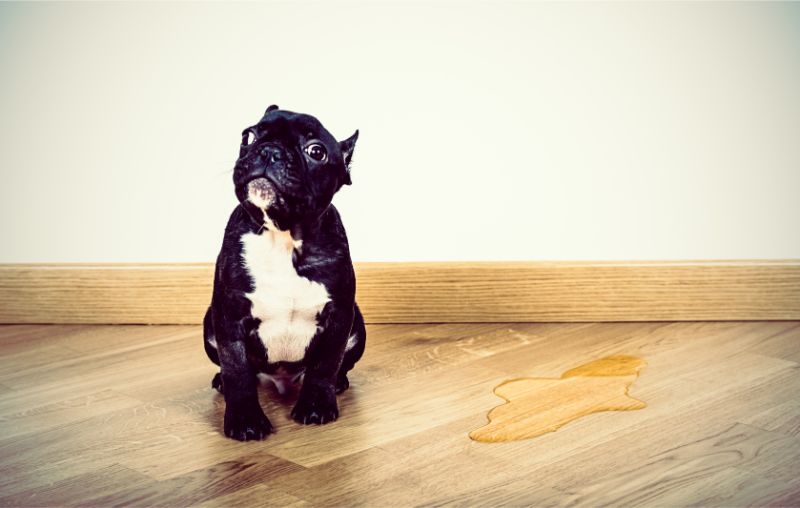Pet Separation Anxiety in a Strange New World

The last couple of months have been unbelievable in many ways. The good news, for pet owners anyway, is that they didn’t have to shelter in place by themselves, and the companionship offered by their sweet pets really hit the spot in these times of shock, despair, fear and sadness. But now that we’re approaching going back to a semi-normal way of life, pet separation anxiety may be just the beginning of our challenges.
Helping Pets with Transitions
Many pets relished in all the extra time their people spent at home, doting on their every need. This is especially true for pets that were adopted shortly before or in the midst of sheltering in place.
Mandatory quarantines and stay at home orders created a different way of life for pets and their people alike. Despite relaxing restrictions we cannot expect our pets to simply accept roll with these particular punches. In other words, don’t be surprised if your pet suffers from separation anxiety.
Advance Notice
Using this time to your advantage is key to your pet’s success. Pets have to get used to the idea of your departure and they need skills to be able to cope with time apart.
What is Pet Separation Anxiety?
Characterized by a profound fear of one’s own solitude, pet separation anxiety can range between mild and severe. They may sense that you’re getting ready to leave, but it won’t sink in that they aren’t going with you until you’re on the other side of the door.
Start to introduce your pet to alone time by leaving for short periods of time, a couple times every day. Increase frequency and/or duration until you’re satisfied that they aren’t stressed out the entire time you’re gone.
If you have the time and patience, crate train your pet so they always have a safe, comforting place they know they can retreat to in times of doubt or confusion.
How Would You Know?
While pet separation anxiety can be subtle, most pet owners know something’s up. If you notice changes in your pet’s behavior, respond swiftly. Left alone, the following symptoms can lead to a phobia:
- Pacing
- Excessive grooming
- Whining or crying
- Destructive chewing or digging
- Soiling inside the house
- Hiding or withdrawal
- Escape attempts
- Barring the exit
- Intense clinginess
- Over-exuberant greeting when you return
An important strategy against pet separation anxiety is to positively reinforcement the behavior you’d like to see more of. If you over react to their stress, anxiety or downright amazement at your return, you could inadvertently reinforce the behavior.
Aid and Assist
If possible, give your pet a chance to burn off some steam before you leave for the day. A tired pet is generally a well adjusted one. Provide a food puzzle to distract them, and stay neutral when you leave and return. Join them in activities they enjoy, like a game of fetch, a jog around the block, or some sweet snuggle time.
If you have additional questions or concerns about your pet’s behavior, and your inevitable return to work, we’re always here for you at All Creatures Veterinary Hospital of Brooklyn.

